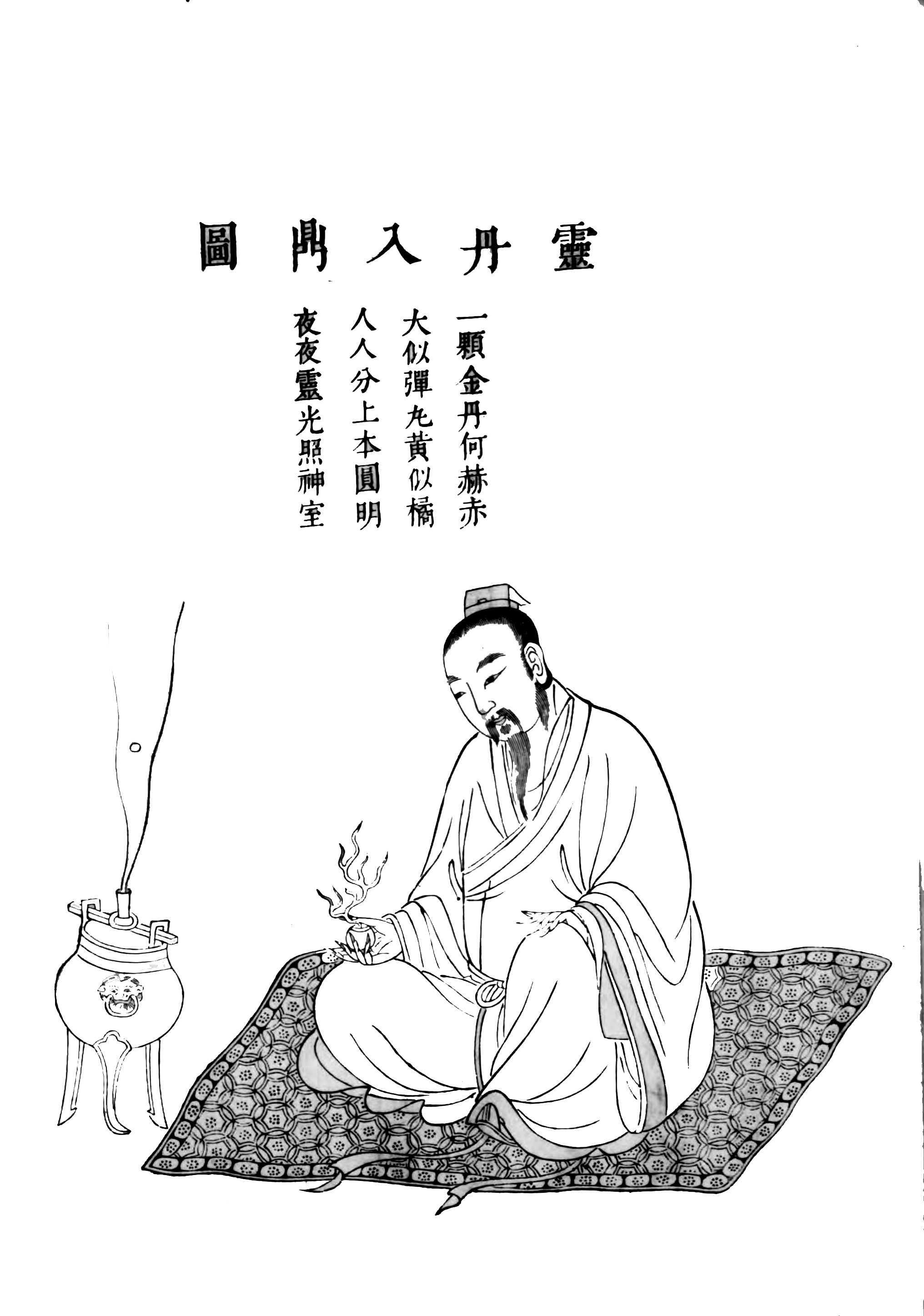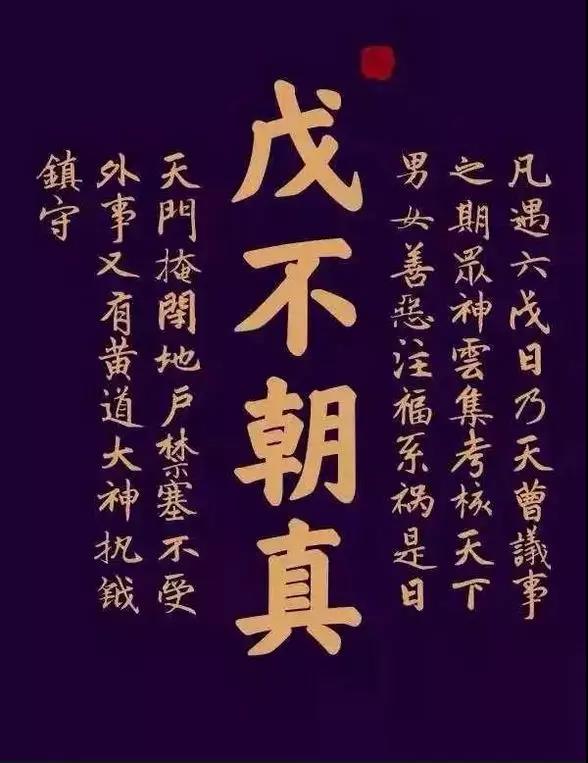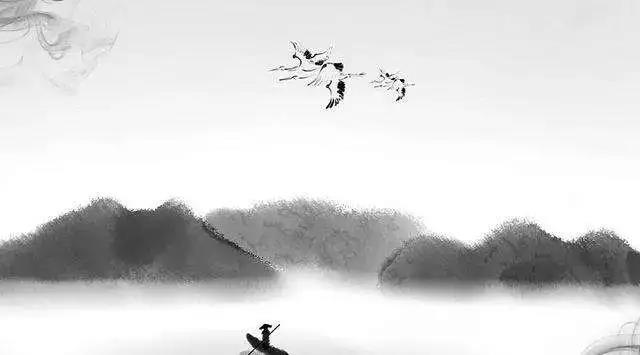We thus find a theme of opening what was hidden; this theme is shared with mysticism; but Tao and Logos is to be understood in a rational way, too. By Heraclites, we find Logos as corresponding to Tao. By the historical Parmenides, we find the true way of being as corresponding to Tao. In his poem On nature, Peri physeôs, Parmenides presents a man – perhaps Parmenides himself - telling us that in his youth he met Dikê, the goddess of Justice: he met her in the gates of the ways of night and day, which she controls[xxiv]; he was lead to the way of being and had to forsake the way of not-being – ‘to be’ is the same as ‘to think’, this is the true way. So here again we have this theme of opening what was closed; truth is “unhiddingness” (as formulated by Heidegger: “Un-Verborgenheit”). The theme of Tao then is related to the Logos in the pre-Socratic philosophy.
The theme of Tao must also be seen in connection with the Nous. The pre-Socratic philosopher Anaxagoras stated the Nous as a principle streaming through everything, without limit, apeiron and self-ruling autokrates[xxv]; certainly, it is difficult to translate nous: spirit, thought, reason, rationality, thinking. This must also be seen in connection with Parmenides’ proclaim of the noein, thinking to be the same as to einai, to bee as the true way, corresponding with the Chinese concept Tao. The connection is due to the fact, that noein is the verb corresponding to the substantive nous.
The theme of self-control: Socrates and Tao Te Ching
In Tao Te Ching, we find a theme of self-knowledge and self-control, very similar to the Greek philosophy:
“Those who know others are intelligent;/ Those who know themselves have insight./ Those who master others have force; Those who master themselves have strength.// Those who know what is enough are wealthy./ Those who severe have direction. Those who maintain their position endure./ And those who die and yet do not perish, live on.”[xxvi]
Here, the Chinese and the Greek ways of thinking really meet. Socrates can be taken as the most excellent expression of the Greek version; but it has older roots and can be found also in late antiquity, with the Stoic tradition. Certainly, Socrates died – he was condemned to death by the Democratic council – but, none the less he did not perish from us and is more alive than many, who only live in the literary sense. As Plato describes him in his dialogues, Socrates had a fine empathy not only in relation to the young and open-minded boys, to which he felt love, but also to his opponents, especially the Sophists, which he really did not love.
But Plato stresses the fact, that Socrates took the old saying from the Apollo Temple in Delphi: “Know yourself”. This self-knowledge should be connected with the old virtue sôphrosynê: self-control, modesty, sober mindedness. The concept is sharpened towards the strength, also found in he last quotation from Tao Te Ching: but this is as mentioned alien to Greek tradition.
The prevention of aggregation is related to the sôphrosynê. It is expressed in the other inscription over the Delphic Temple, “Not too much”. We find it in Socrates’ attitude in Plato’s dialogues, although he does not express it explicitly himself. In his youth dialogues, Plato presents us for Socrates without interpreting him in his own metaphysical context. We meet him investigating the old Greek virtues, coming from the aristocratic time, in its actual meaning: such a virtue is sôprosynê, self-control, modesty. In the youth dialogue Charmides, Plato presents us for Socrates still in function as a hoplite soldier. Just arrived from the battle by Poteideia to Athens, a young boy with headache, Charmides, meets him. Socrates tries to play a role of a physician, but Charmides finds him of. Socrates asks: “What is sôphrosynê?” and he proceeds in acting as a physician – a very special one: a Thragic army physician has, in tradition from the legendary physician Zalmoxis, learned Socrates the holistic healing, giving help, therapeia to the body and soul as a whole. He shall use a remedy, pharmakon, and a special magic song, epode, in order to heal: Socrates undertakes the task to cure Charmides, so when Charmides gets the knowledge of sôphrosynê, he will be healed. Typically for Plato’s early dialogues, the final answer is not found. You cannot get the balance of mind and body, emphasized as a whole, without the understanding of the sôphrosynê, without having it yourself: being in self-control, being modest, having some self-control.
Here meets the Greek and the Chinese philosophy in general, and the Taoism in particular. Socrates was condemned as a betrayer of Athens, not recognizing its gods, but he was the most excellent defender of the old gods and values, the virtues: but he saw, that they should be defended upon the new condition: the society was not just given in inheritance any more. His own inner voice, a certain deity called his daimonion was warning him against doing wrong, but to him it only supplied the old state Gods. If it can be said about any western philosopher, that he was wealthy, although really practically owned nothing, since he knew what enough was – then it must be Socrates, living totally according to the virtue sôphrosynê. If it can be said about any western philosopher, that he died and yet did not perish and thus lived on, it must be Socrates: really, he had a remarkable strength, fighting against the mediocrity of his time, dying and thereby alive today. But the spiritual strength itself is – as former mentioned – not an explicit theme in the Greek philosophy.
Conclusion: East and West
The real Tao is hidden for us. Itself it is the fundamental way and order of contrasts. But we can come to it through many ways; each of these ways is a little Tao-path leading to the Great Tao, and still, in the end somehow a part of it. The Greek philosophy gives us many such fine paths. We must seek harmony in the contrasts, and not reject the contrasts, but somehow take them in our-selves – so that we find our own little path, our own Tao both to and in the Great Tao as such.
Maybe the Western way of thinking and action in general, and its philosophy in particular, must be considered more in the side of Yang. But even so, in its origin, in the Greek Philosophy, there was a search for harmony, for balance between oppositions; and several conceptions expressed this quest, as we have seen. Later on, in the Christianity Gods creation of man expressed the Yang: man was in a special condition for naming the animals and conquering land etc. But man’s position after the Fall, the demand for forgiving others, and for loving others not with Eros but with the sacrificing Agape, became the contend of Jesus’ own preaching and expresses the Yin side of Christianity. It must, however, be said that, traditionally, the humility towards nature has not been so emphasized in Christianity, which in this regard especially must be seen as a Yang-religion. But recently, also in this respect attempts have been made in order to reinterpret Christianity in the direction of Yin: nature, too, is created and must be respected as such – man is not the owner and master of it: we are part of nature, and must not destroy the balance of the environment.
The Western way of living and thinking must learn from the Eastern understanding of harmony and balance. But the modern Eastern way of living, on the other hand, must learn not to repeat the failures of the West. The West has, however, to reconsider its own Greek tradition in the light of the Eastern tradition.
--------------------------------------------------------------------------------
[i] Tao Te Ching, TTC, nr. 48. The translation: R.L. Wing, The Tao of Power A new Translation of the Tao Te Ching, (The aquarian Press, Wellingborough, Northamptonshire 1986).
[ii] G. S. Kirk & J .E. Raven, The presocratic Philosophers (Cambridge University Pres 1957/77), hereafter K&R: In K&R nr. 418, and nr. 423, ‘Friendship’ is expressed with philotês, in nr. 436, and nr. 427 ‘Friendship’ is expressed with philia. Empedocles seems to have avoided the expression Eros, more directly meaning ‘erotic Love’.
[iii] K&R nr. 429.
[iv] Thus it is translated by for instance R. L. Wing.
[v] TTC nr 48.
[vi] Plato with an English Translation by H. N. Fowler (Loeb Edition, London/ Cambridge 1914/1966) Vol. 1, 246a-d.
[vii] The Symposium is compounded of several speeches by outstanding citizens of Athens. The Eros is interpreted different by the each orator. The famous version where Eros is the seeking back to the lost half part of one self is found in the speech of the comedy-writer Aristophanes, 189a – 194. It is common for all speeches that Eros is raised from the traditional lower level of greed, lust and concrete sexuality, to a higher and more spiritual level.
[viii] Here I am following Ray Billington’s book Understanding Eastern Philosophy (Rutledge London & New York 1977), p 107.
[ix] K & R nr. 289. This number refers to Aristotle’s Metaphysics A5, 985 b 23.
[x] Fr. 1, K&R nr. 343.
[xi] Fr. 2, K&R nr 344.
[xii] 237a.
[xiii] TTC nr. 42.
[xiv] Fr. 1, K&R, nr. 187.
[xv] Fr. 2, K&R nr. 188.
[xvi] Fr. 50, K&R nr. 199.
[xvii] TTC nr. 42.
[xviii] Fr. 10, K&R nr. 206.
[xix] TTC nr. 42.
[xx] Fr. 60, K&R nr. 203.
[xxi] Fr. 67: K&R nr. 207.
[xxii] TTC nr 41:
[xxiii] Fr. 1, K&R nr. 197.
[xxiv] Fr. 1, K&R nr. 342.
[xxv] Fr. 12, K&R nr. 503.
[xxvi] TTC nr. 33.

流泪
0人

鼓掌
0人

愤怒
0人

无语
0人

欢迎投稿:
Email:server#daoisms.com.cn(注:发邮件时请将#改为@)
免责声明:
1、“道教之音”所载的文、图、音视频等稿件均出于为公众传播道教文化之目的,并不意味着赞同其观点或证实其内容的真实性,我们不对其科学性、严肃性等作任何形式的保证。如其他媒体、网络或个人从本网下载使用须自负版权等法律责任。
2、本网站内凡注明“来源:道教之音”的所有文字、图片和音视频稿件均属本网站原创内容,版权均属“道教之音网站”所有,任何经营性媒体、书刊、杂志、网站或个人未经本站协议授权不得转载、链接、转贴或以其他方式复制发表。已经本网协议授权的媒体、网站,在下载使用时必须注明“来源:道教之音”, 违者将依法追究责任。
3、凡本站转载的所有的文章、图片、音频、视频文件等资料的版权归版权所有人所有,本站采用的非本站原创文章及图片等内容均标注来源,由于无法一一和版权者联系,如果所选内容的文章作者认为其作品不宜上网供大家浏览,请及时用电子邮件或电话通知我们,以便迅速采取适当措施。

丹道之道 对生命的渴望,对自我的超越,对生死和宇宙本源的追问,是人类的本能之一。先秦时期,已成为中国主流...[详细]

提及观世,可谓大名鼎鼎,在佛教有观世音菩萨,在道教有慈航真人观音大士。那么,道教的观音信仰典出何故?其...[详细]

初入道门,日日晨钟暮鼓,日子长了,却发现每月总有几天庙内安安静静,不用举行早晚功课,也不烧香,不知道为...[详细]

汉代的神仙方术著作《周易参同契》是世界上现知最早的外丹理论著作,同时也是讲述内丹术的经典。《周易参同契...[详细]

摘要 :天籁一词是《庄子齐物论》里的重要概念。它本身为一比喻,故有本义与喻意之别:本义是指它实际所指,喻...[详细]